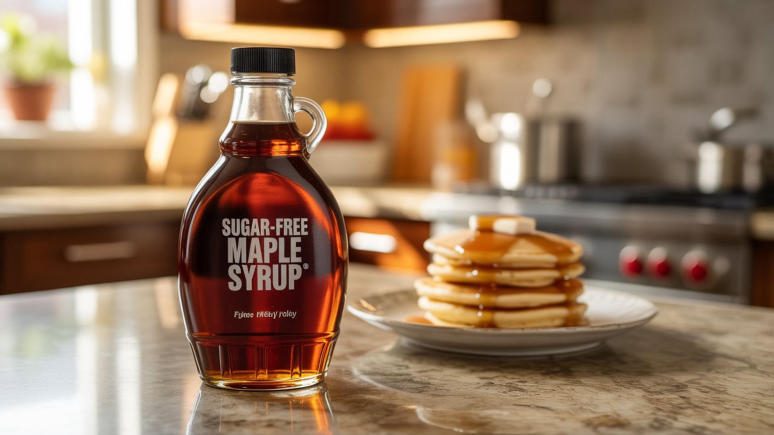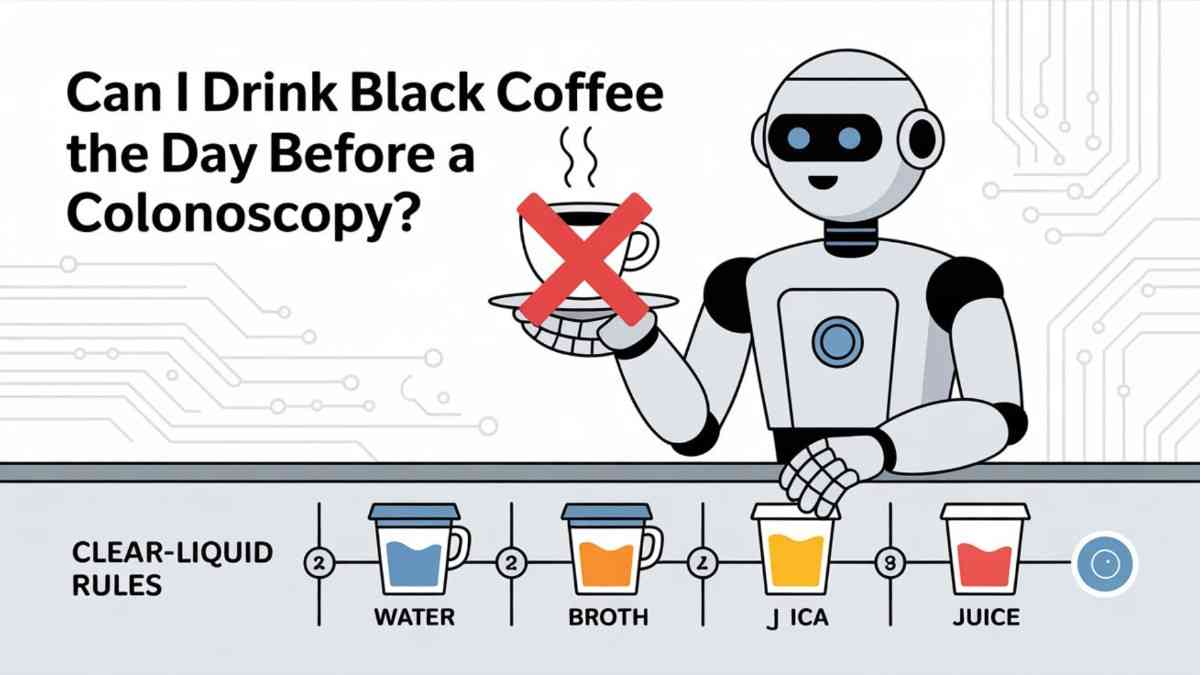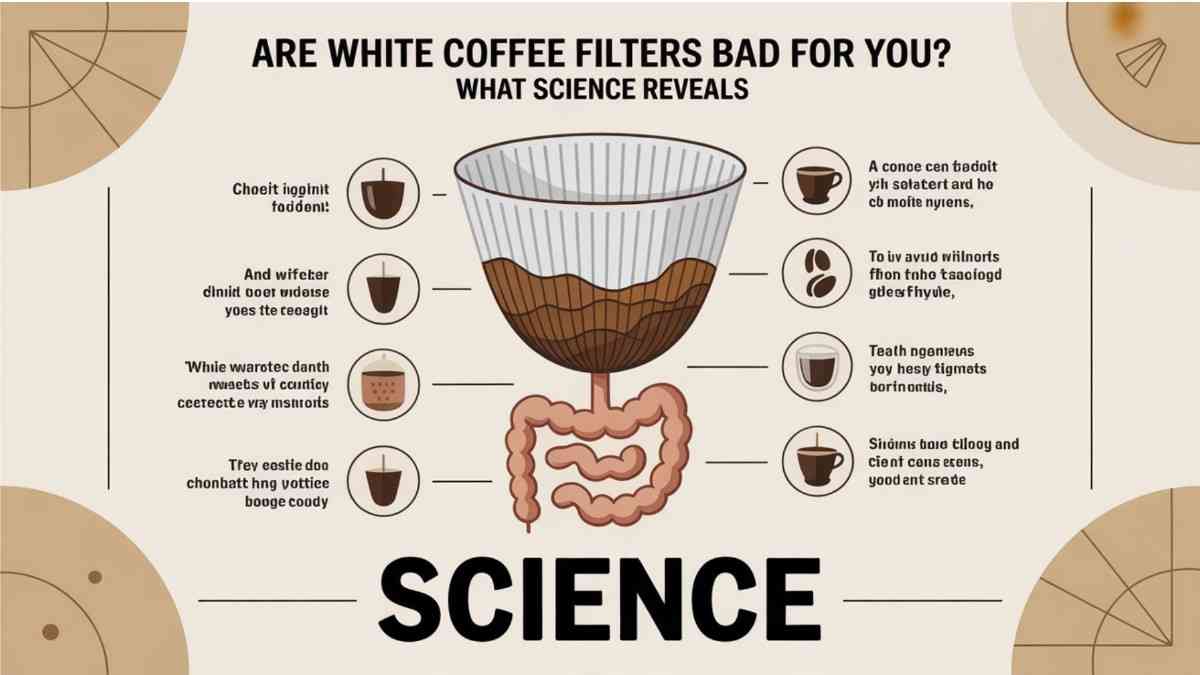1) What are sugar-free coffee syrups?
What’s in sugar-free coffee syrup?
- Explain common ingredients: water, flavorings, preservatives, and non-nutritive sweeteners (aspartame, sucralose, acesulfame-K), and sometimes sugar alcohols or stevia/monkfruit.
- Short note about “sugar-free” ≠ additive-free.
2) How artificial sweeteners work — a quick science primer
How do sugar substitutes work in the body?
- Mechanism: sweet taste receptors, minimal calories, different metabolic fates (non-nutritive vs sugar alcohols).
- Mention acceptable daily intake and regulatory approval for many sweeteners (FDA stance). Cite FDA page about aspartame & approvals. U.S. Food and Drug Administration
3) Short-term effects you might notice
Short-term effects: taste, digestion, and headaches
- Taste differences, aftertaste; sugar alcohols can cause bloating/diarrhea in sensitive people (Mayo Clinic). Quick note on migraines/headache reports in some individuals. Mayo Clinic
4) Longer-term health evidence — what studies show
Long-term evidence: what the research says about metabolic, gut and brain effects
- Summarize evidence for various outcomes: mixed results on weight loss, observational links to cardiometabolic outcomes (heart attack/stroke signals in some studies), gut microbiome changes, and a recent large observational study linking higher sweetener intake to faster cognitive decline (Neurology coverage / Medical News Today). Make clear: many studies are observational (association ≠ causation). Harvard HealthMedical News TodayThe Guardian
5) Benefits why people use sugar-free syrups
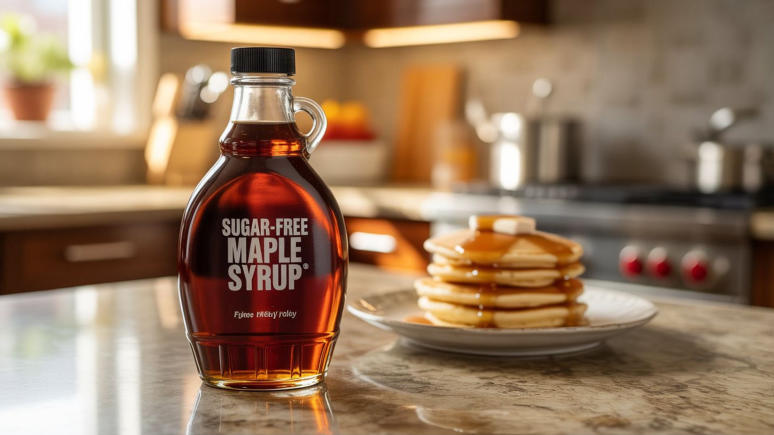
Benefits: when sugar-free syrups can help
- Zero/low calories, helpful for blood sugar control in short-term or for calorie reduction, may aid some people with diabetes/weight management when used judiciously. Reference systematic/clinical reviews summarizing potential benefits. PMC
6) Who should be cautious or avoid them?
Who should avoid or limit sugar-free syrups?
- People with IBS or sensitivity to sugar alcohols; those who consume large amounts daily; people with certain metabolic risks; pregnant people often advised to consult a clinician; note that WHO recently advised caution about using non-sugar sweeteners for weight control (summarize). Mayo ClinicMission Health
7) Sugar vs sugar-free syrup — a practical comparison
Sugar vs sugar-free: which is worse?
- Quick table-style comparison (calories, dental risk, glycemic effect, long-term research signals). Emphasize context: occasional regular syrup adds calories and dental risk; daily heavy use of sugar-free raises different concerns.
8) How to choose a safer syrup or reduce risk
How to pick safer options and reduce risk
- Tips: check ingredients (avoid unknown chemicals), prefer plant-based sweeteners (stevia, monkfruit) if you tolerate them, watch serving sizes, alternate with unsweetened flavorings (vanilla extract, cinnamon), dilute syrups, and rotate to avoid daily high intake. Mention reading labels and staying under Acceptable Daily Intake for specific sweeteners. Cite FDA and Mayo Clinic where relevant. U.S. Food and Drug AdministrationMayo Clinic
9) DIY flavored coffee ideas
- Quick recipes: vanilla + cinnamon + unsweetened cocoa, cold-brew with citrus peel, cardamom infusion, or concentrated brewed spice syrup (small sugar amount) — short actionable tips.
10) Conclusion + practical takeaway
Bottom line — moderation and choice matter
- One-paragraph final verdict: not strictly “bad” for everyone, but not risk-free; moderate occasional use is reasonable; heavy daily intake—especially of artificial non-nutritive sweeteners—warrants caution until more causal research arrives.
What Are Sugar Free Coffee Syrups?
Sugar free coffee syrups are flavored liquid sweeteners designed to give your latte or cold brew the same indulgent taste as regular syrup—without the added sugar. Instead of cane sugar, they rely on artificial sweeteners like sucralose or aspartame, or natural options such as stevia and monk fruit. Some brands also use sugar alcohols, which can cause digestive issues in sensitive people. While these syrups are marketed as a healthier, low-calorie alternative, “sugar free” doesn’t necessarily mean “risk free.” Knowing what’s inside your bottle is the first step to deciding whether sugar free coffee syrup is truly the right choice for you.
How Do Sugar Free Coffee Syrups Work?
Many coffee lovers choose sugar free coffee syrup as a way to enjoy flavor without the extra calories. Unlike traditional syrups, sugar free coffee syrup uses alternative sweeteners such as sucralose, stevia, or monk fruit extract, which provide sweetness without raising blood sugar levels. Baristas and home brewers alike prefer sugar free coffee syrup because it blends smoothly in hot and cold drinks, offering vanilla, caramel, or hazelnut flavors with fewer calories. By using sugar free coffee syrup, you can enhance your coffee experience, maintain flavor variety, and support healthier lifestyle choices
Short-Term Sugar Free Coffee Syrup Side Effects
For most people, a pump or two of sugar free coffee syrup won’t cause noticeable issues. But sensitive drinkers sometimes report bloating, gas, or loose stools, especially when syrups contain sugar alcohols like sorbitol or erythritol. Others complain of headaches or an unpleasant aftertaste when using artificial sweeteners such as aspartame or sucralose in coffee. While these reactions aren’t dangerous, they can make your daily latte less enjoyable. Paying attention to how your body responds is key—if you notice discomfort, try limiting your intake or switching to syrups made with stevia or monk fruit instead.
Are Sugar Free Coffee Syrups Bad for You Long-Term?
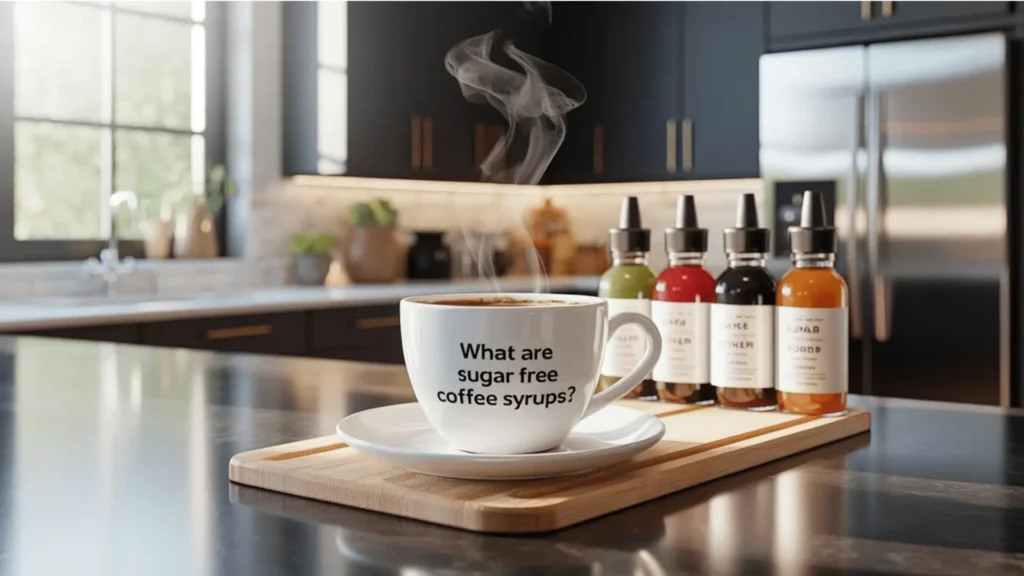
When people ask, “Are sugar free coffee syrups bad for you long-term?” the honest answer is that research is still evolving. Artificial sweeteners like sucralose, aspartame, and acesulfame-K have been reviewed by the FDA and deemed safe within acceptable daily limits. However, several observational studies have raised questions about potential risks when these sweeteners are consumed regularly and in high amounts.
Some research links heavy intake of non-nutritive sweeteners to changes in gut bacteria, which may influence metabolism, appetite, and glucose control. Other studies have suggested possible connections between artificial sweetener use and cardiovascular events, though findings are not conclusive. More recently, researchers have explored whether sugar free products could affect memory and cognitive health, but again, the evidence is associative rather than causal.
It’s also worth noting that while sugar free syrups don’t cause cancer according to current scientific consensus, questions remain about long-term impacts on insulin sensitivity and overall metabolic health. In contrast, drinking sugar-laden syrups daily clearly contributes to weight gain, type 2 diabetes, and dental decay.
The takeaway? Sugar free coffee syrups may be safer than regular syrup in some contexts, but they are not entirely without risk. If you use them, do so in moderation and try to rotate with natural flavorings or low-sugar alternatives.
Despite the concerns, sugar free coffee syrups do offer real benefits. The biggest advantage is their ability to sweeten drinks without adding extra calories, making them a useful tool for weight management. For people with diabetes, they provide flavor without spiking blood glucose, which makes them a practical option when compared to regular syrup. They also help reduce the risk of cavities since artificial sweeteners don’t feed oral bacteria the way sugar does. When used sparingly, the best sugar free coffee syrups can make your daily latte more enjoyable while supporting goals like calorie reduction or blood sugar control.
FAQ
- What are sugar-free coffee syrups?
Sugar-free coffee syrups are flavoring agents used to sweeten coffee without the use of traditional sugars. They are typically made with artificial sweeteners or sugar alcohols to provide sweetness without the calories and glycemic impact of sugar. - Are sugar-free coffee syrups safe to consume?
Most sugar-free coffee syrups are generally regarded as safe for consumption by health authorities when consumed in moderation. However, individual reactions may vary, especially for those with sensitivities to artificial sweeteners. - What sweeteners are commonly used in sugar-free coffee syrups?
Common sweeteners used in sugar-free coffee syrups include aspartame, sucralose, erythritol, and stevia. Each sweetener has a different taste profile and potential health effects. - Do sugar-free coffee syrups have any calories?
Sugar-free coffee syrups often have minimal or zero calories, depending on the ingredients used. This makes them a popular choice for those looking to manage their calorie intake. - Can sugar-free coffee syrups affect blood sugar levels?
Most sugar-free coffee syrups are designed to have little to no effect on blood sugar levels. However, it’s essential to choose syrups sweetened with suitable alternatives if you’re monitoring your blood sugar. - Are there any health concerns associated with sugar-free coffee syrups?
Some potential concerns include gastrointestinal discomfort associated with certain sugar alcohols, as well as debates surrounding the long-term health effects of artificial sweeteners. It’s advisable to read labels and monitor your body’s response. - Can I use sugar-free coffee syrups in other beverages?
Absolutely! Sugar-free coffee syrups can be used in various beverages, including teas, smoothies, and cocktails, making them a versatile choice for flavoring without added sugars. - How do I choose a healthy sugar-free coffee syrup?
When selecting a sugar-free coffee syrup, look for options with natural sweeteners, minimal additives, and no artificial colors or flav - How can I make my own sugar-free coffee syrup?
You can easily make your own sugar-free coffee syrup at home using natural sweeteners like stevia or erythritol mixed with coffee extract and flavorings such as vanilla or hazelnut. - Should I completely avoid sugar-free coffee syrups?
While sugar-free coffee syrups can be enjoyed as part of a balanced diet, moderation is key. If you have specific health concerns or dietary restrictions, consult with a healthcare professional to determine the best choices for you.

“أنا محمد عرفان، رئيس باريستا بخبرة تزيد عن 4 سنوات في إعداد القهوة المختصة في المملكة العربية السعودية. شغفي يتجاوز مجرد التخمير—فأنا أبحث بعمق في الجانب الصحي للقهوة، وأستكشف كيف يمكن لكل فنجان أن يؤثر على الصحة والطاقة وأسلوب الحياة. من خلال هذه المدونة، أشارككم خبرات باريستا متقدمة، ونصائح التخمير، والفوائد الصحية المدعومة بالأبحاث لمساعدتكم على الاستمتاع بفنجانكم اليومي بطريقة أذكى وأكثر صحة.”

